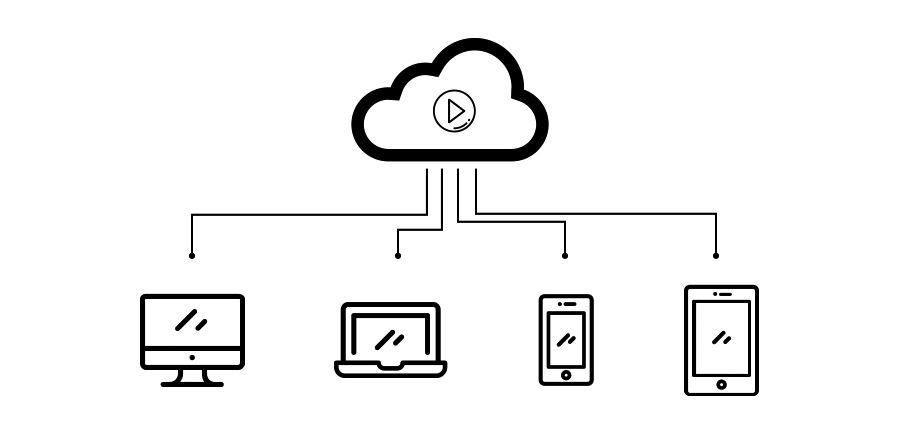NMHH decision on non-discriminatory Internet
First decision of the NMHH on enforcing EU’s net neutrality rules
NMHH, the Hungarian regulator, has ordered Magyar Telekom to suspend any offer of zero-rated over-the-top (OTT) video services to its mobile subscribers, in the regulator's first case applying the EU's net neutrality rules, introduced on April 30, 2016 by the TSM Regulation.
NMHH investigated whether Telekom's ‘Unlimited TV & Film' option complied with the net neutrality rules. This option allows unlimited access to the TV GO and HBO GO services for 24 hours without deducting any data traffic from the subscriber's package or reducing data speeds, which normally apply after a certain amount of traffic is used.

The investigation, that was closed on 21 November 2016, shows that Hungarian Telekom unlawfully discriminated against other internet traffic and video services, in violation of the EU net neutrality rules, since the service was delivered over the open internet and was not a managed video service.
NMHH ordered the ending of any such offers but did not impose any penalties for the operator's behavior. The decision may be appealed.
This was NMHH’s first decision on safeguarding network neutrality and it was among the first ones in the European Union enforcing EU’s net neutrality regulations. The Authority’s inspections and its decisions, sanctions are to encourage the law abiding behavior of the service providers. The type and the measure of the sanctions are based on gradualism and proportionality, taking into account all circumstances of the particular case.
The point of EU’s net neutrality rules is that internet service providers shall not block, slow down, alter, restrict, interfere with, degrade or discriminate between specific content, applications or services. The Hungarian Telekom’s TV GO service infringed these provisions, since other similar OTT- and video sharing services were only available for the subscribers’ data traffic package expense. The net neutrality provisions ensure the subscribers right to access and distribute information and content, use and provide applications and services of their choice, without discrimination not restricted by service providers or by third parties without any legal basis.

The aim of the distinction between internet traffic
Network neutrality provisions ensure the freedom of the subscriber’s choice to access contents directly, without discrimination. Further aim of the provisions is to grant equal competition conditions for content developers, thus contribute to the innovative functioning of the internet ecosystem. By braking the former barriers, new market players can access to the market, and the equalization of market conditions stimulate content developers to develop better services for the customers.
Briefly about OTT services
TV GO is an internet-based broadcasting service, so called OTT (over-the-top) service, which ensures the access of live TV programs, video-on-demand content and unique programs on computers, laptops, tablets, smart phones and gaming consoles. In case of the OTT services, the content provider is not responsible for forwarding the signal; the consumer can access the service via the "open internet". Therefore the freedom of internet is a prerequisite of the functioning of the service.